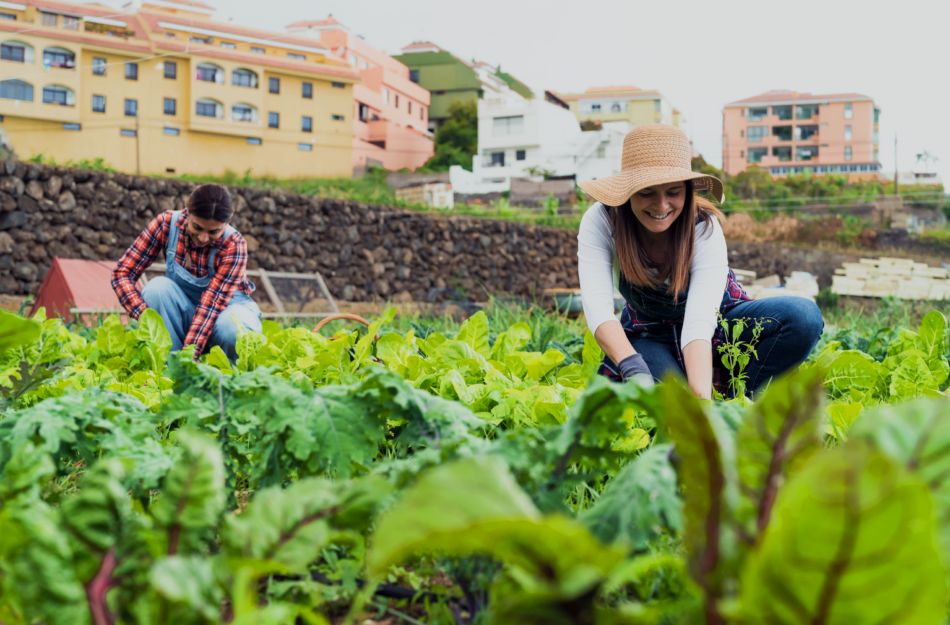The new study published by the Joint Research Centre (JRC), “Farmers and the new green architecture of the EU common agricultural policy: a behavioural experiment” shows how the choices’ farmers to adopt voluntary green practices are affected by how much they are already obliged to contribute to the environment.
For this study 600 farmers from Germany, Spain and Poland took part in a behavioural experiment. The study’s result found that:
– the more mandatory requirements placed on farmers, the less likely they are to make additional voluntary contributions;
– if the mandatory requirements are ambitious enough, the positive impact on the environment more than offsets the drop in voluntary actions.
– for voluntary practices, the higher the level of direct payments farmers receive, the more likely they are to take up such green activities.
Behavioural science is a relatively new approach to understanding agricultural policy in the EU, which has traditionally relied on modelling and other analysis to pre-test the impact of different policy options.
These new behavioural insights help enhance the knowledge base, which in turn helps design policies that maximise the impact of the payments they receive on the positive contribution of farmers to the environment. For example, in the provisional political agreement on the new CAP, EU Member States are asked to prepare strategic plans to implement the policy over the next five years. Behavioural insights are one tool that can help them do that effectively.




